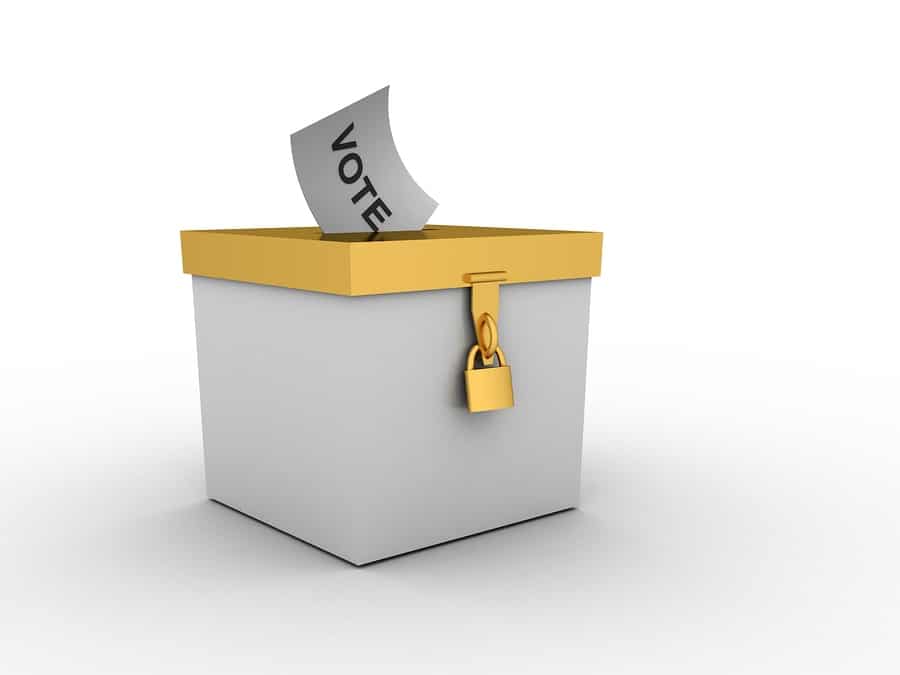The Supreme Court ruled on Wednesday that it would not allow North Carolina to reinstate strict voter ID laws that critics say make it more difficult for minorities to vote, the Washington Post reports.
The ruling comes after a panel of the U.S. Court of Appeals for the 4th Circuit came to the unanimous decision that the law was unconstitutional.
The evenly divided court did not outline the justices’ reasoning for the ruling. The decision was not in regards to the merit of the law, but rather on a stay request that had been filed by Governor Pat McCrory to enact the law for this fall’s election.
The four conservative justices would have granted most of the request, but none of the four liberal justices voted in favor of reinstating the law.
North Carolina changed its election law in 2013 shortly after the Shelby County v. Holder decision, which eliminated a rule that required states with a history of voting discrimination to receive federal approval before changing their voting laws. Lawmakers in North Carolina moved to eliminate same-day voter registration, barred out-of-precinct voting and shortened the length of early voting.
Civil rights groups were critical of the changes, stating that these provisions were used primarily by African American voters, who overwhelmingly vote Democrat.
The state appealed to the Supreme Court to allow the reinstatement of photo-ID requirements, eliminate pre-registration of teens to vote at the age of 18, and reduce early voting days from 17 to 10.
Civil rights groups and the Justice Department alleged that the state’s far-reaching laws were targeted towards minority voters, forcing them to jump through hoops to vote at the polls. The 4th Circuit panel agreed with the allegations, and ruled on July 29 that the laws were unconstitutional.
North Carolina’s voter ID laws were some of the strictest in the country, and the state is considered one of the most competitive in the November election.



